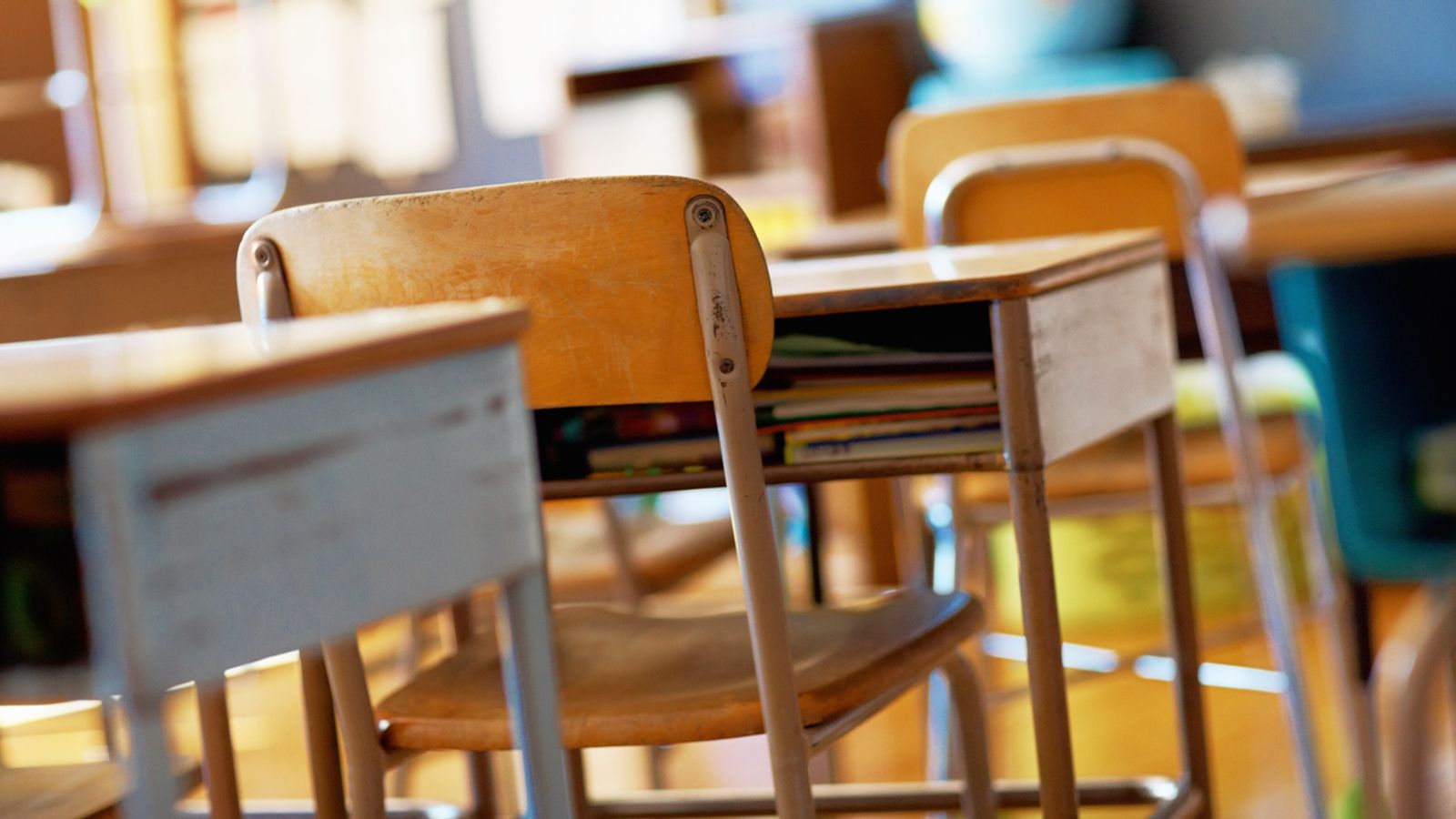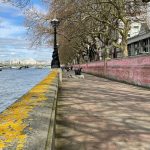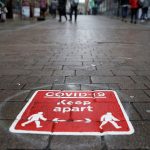Boarding schools are the “ideal environment for grooming”, with children relying more on staff than in non-residential institutions, an investigation into child sexual abuse has found.
The report from the Independent Inquiry into Child Sexual Abuse said that “for some children, their residential school, in effect, may be their home”.
The inquiry examined residential specialist music schools and residential special schools, where children were found to be at greater risk of sexual abuse.
The report said: “In the specialist music schools examined, the power and influence of often revered and influential music teachers made some pupils even more vulnerable to being sexually abused by them.
“The reputations of both the musicians and the schools were often seen as more important than their victims and potential victims when allegations were made or concerns were raised.
“The response was similar when concerns were raised about well-liked and generally respected members of staff in other school contexts, in both the independent and state sectors.”
The inquiry also looked at day schools where staff had been convicted of sexually abusing pupils, or where serious safeguarding concerns had arisen.
News correspondent
Patrick Sandford was abused by a school teacher when he was just nine years old.
Now, he is a theatre director who created an award-winning production revealing the horrors he experienced, which was recently adapted into film.
But he wouldn’t write this play until he was nearly 60, as he says he was crippled by shame.
“I didn’t tell anybody for 25 years. I didn’t tell anybody because I was so ashamed,” said Patrick.
He said he knew the abuse he experienced was “dirty, bad and painful”, but didn’t know what to do about it, and was too afraid to tell teachers.
“For the year it happened I endured it, I got through it. Then I just denied it and pretended it didn’t happen,” he said.
Patrick says he’s lucky. He was able to escape through the theatre, using his creativity and imagination. But he says it would have been just as easy to escape into drugs and alcohol, as many who experience child sexual trauma do.
“It’s damaging, because it damages something in the core of the child,” he said.
Patrick said the teacher who did “terrible things” to him as a child, also made him “top of the class, brought me things and told my mother was I was brilliant”.
Because of this, he says he found it difficult to trust people: “I could never let a grown up, or indeed anybody, come close to me. I was frightened.”
Patrick, who has been involved in the inquiry, wants any young person experiencing abuse to know they aren’t alone, and to find the strength to speak up.
But he says there is a need for research to try to find a prevention, and not just rely on punishment.
“For a young adolescence who finds their main attraction is to young children, where are they supposed to turn? It’s not enough to just say we will give police more powers and extend the length of the sentences,” he said.
“That’s closing the jail door after the child has been abused.”
The first phase of the inquiry focused on residential music schools including Chetham’s School in Manchester, the Yehudi Menuhin School in Surrey, and the Purcell School in Hertfordshire – with public hearings held in 2019.
Residential special schools were also examined, including Appletree School in Cumbria, Southlands School in Hampshire, and the Royal School Manchester.
School reputations prioritised as ‘more important’ than victims
The second phase involved mainstream schools where sexual abuse allegations had been raised, including a state school and a private boarding school.
The allegations were largely reported and investigated or responded to between 1990 and 2017, and related to incidents alleged to have taken place from the 1960s to 2014.
“In the specialist music schools examined, the power and influence of often revered and influential music teachers made some pupils even more vulnerable to being sexually abused by them,” the report said.
“The reputations of both the musicians and the schools were often seen as more important than their victims and potential victims when allegations were made or concerns were raised.
“The response was similar when concerns were raised about well-liked and generally respected members of staff in other school contexts, in both the independent and state sectors.”
A reluctance to report sexual abuse perpetrated by staff and pupils was discovered across 12 schools, including eight that no longer operate.
Ineffective safeguarding of schools
The inquiry was told of ineffective safeguarding in schools over the past two decades, with some testimony indicating that “sexual abuse and harassment between peers remain endemic” for some children.
It heard that at Chetham’s School, former director of music Michael Brewer was “a powerful figure, having complete autonomy over all matters relating to music”.
In 2013, former pupil Frances Andrade took her own life after giving evidence on how Brewer had groomed and sexually abused her.
It also heard that a violin teacher at Chetham, Christopher Ling, abused a number of pupils in his care in the 1980s aged between nine and 15.
The report made several recommendations to improve safeguarding in schools, including:
• Setting nationally accredited standards and levels of safeguarding training in schools
• Making the highest level of safeguarding mandatory for headteachers and designated safeguarding leads in England and Wales
•Reintroducing a duty for boarding schools and residential special schools to inform relevant inspectorates of allegations of child sexual abuse and other serious incidents
Inquiry chair Professor Alexis Jay said the findings “represent the opposite of everything that a school should be”.
She added: “This must change. The seven recommendations in this report must be implemented to vitally improve the current systems of child protection in schools.”






















